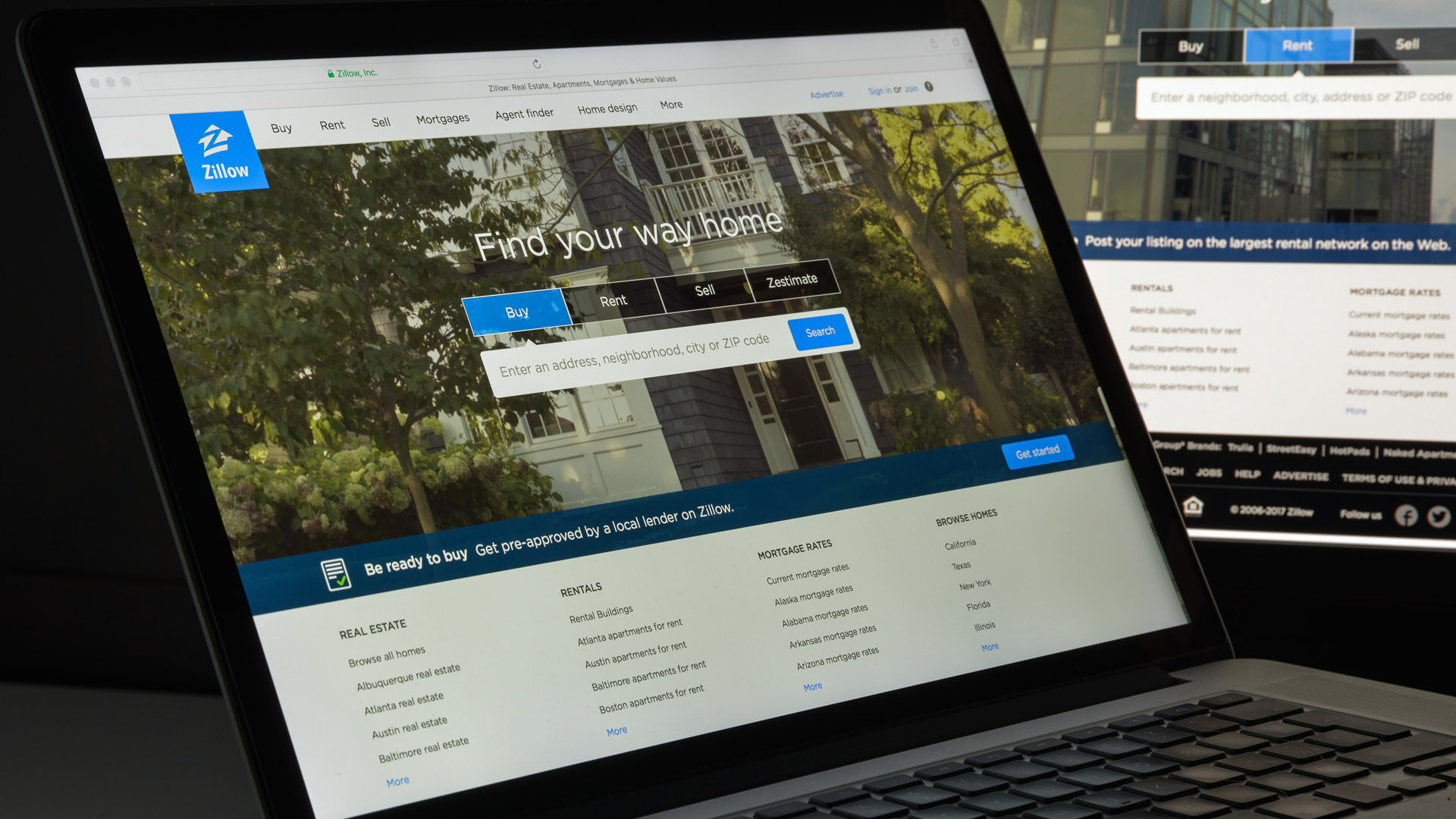In the competitive world of real estate, standing out online can be a game-changer.
With most home buyers starting their search on the internet, having a well-optimized website is crucial for driving traffic and generating leads.
If you're a real estate agent looking to boost your online presence, here are some SEO tips that will help you attract more visitors to your website and turn them into potential clients.
1. Optimize Your Website for Local Searches

(Photo from LinkedIn Pulse)
Real estate is inherently local. Most people search for properties in specific locations, so optimizing your website for local SEO is a must. Here’s how:
- Use Local Keywords: Include the names of the neighborhoods, cities, and regions you serve in your website content. For example, instead of just “homes for sale,” use “homes for sale in [Your City].”
- Create Localized Content: Write blog posts and articles about local market trends, events, and community highlights. This not only helps with SEO but also positions you as a local expert.
- Google My Business: Ensure your Google My Business listing is complete and up-to-date. This can significantly boost your visibility in local search results.
2. Mobile-Friendly is a Must

(Photo from Search Engine Journal)
With an increasing number of users browsing the web on their phones, having a mobile-friendly website is non-negotiable. Google prioritizes mobile-friendly sites in search results, so make sure your site is responsive. This means it should look and function well on all devices, from desktops to smartphones. A mobile-friendly site improves user experience, which can reduce bounce rates and increase the time visitors spend on your site.
3. Create High-Quality, Relevant Content
Content is king in SEO. High-quality, relevant content not only attracts visitors but also keeps them engaged. Here’s how you can make your content work for you:
- Blog Regularly: Write blog posts about topics that interest your audience, such as home buying tips, market updates, and neighborhood guides. Regular updates signal to search engines that your site is active and relevant.
- Use Multimedia: Incorporate videos, infographics, and high-quality images to make your content more engaging. Virtual tours and video walkthroughs of properties can be particularly appealing to potential buyers.
- Answer Common Questions: Create content that addresses common questions and concerns of home buyers and sellers. This can include how-to guides, checklists, and FAQs.
4. Optimize for Speed

(Photo from Tim and Julie Harris)
Page speed is a critical factor in SEO. Slow-loading pages can frustrate users and lead to higher bounce rates, which negatively impacts your search rankings. To improve your site’s speed:
- Compress Images: Large images can slow down your site. Use image compression tools to reduce file sizes without compromising quality.
- Leverage Browser Caching: This stores parts of your site in users’ browsers so they don’t have to reload the entire page each time they visit.
- Minimize HTTP Requests: Reduce the number of elements on your page that need to be loaded, such as scripts and images.
5. Leverage Social Media
While social media signals don’t directly impact SEO, a strong social media presence can drive traffic to your website, which can improve your SEO indirectly. Share your blog posts, listings, and other valuable content on platforms like Facebook, Instagram, and LinkedIn. Engage with your audience by responding to comments and messages, and encourage satisfied clients to leave reviews.
6. Build Quality Backlinks
Backlinks from reputable sites can significantly boost your SEO. These are essentially votes of confidence from other sites. Here’s how to earn them:
- Guest Blogging: Write guest posts for popular real estate blogs and include a link back to your site.
- Collaborate with Local Businesses: Partner with local businesses and organizations to exchange backlinks.
- List on Real Estate Directories: Ensure your website is listed on reputable real estate directories and local business listings.
7. Track and Analyze Your Performance
Regularly monitor your website’s performance to see what’s working and what isn’t. Use tools like Google Analytics and Google Search Console to track traffic, bounce rates, and keyword rankings. This data can help you make informed decisions and adjust your SEO strategy as needed.
Conclusion

(Photo from Shanta Narang)
Implementing these SEO tips can help you drive more traffic to your real estate website, attract potential clients, and ultimately, close more deals. Remember, SEO is an ongoing process, and staying up-to-date with the latest trends and best practices is key to maintaining and improving your search rankings. With a well-optimized website, you’ll be well on your way to establishing a strong online presence in the real estate market. Happy optimizing!
Thank you guys so much for taking the time to read this blog post - we hope you continue to keep up with the latest excerpts from us every Monday, Wednesday, Friday, and Saturday!
We'd also like to credit the following websites for providing insights for this blog post, go and give their articles a read as well:
Colibri Real Estate: https://www.colibrirealestate.com/career-hub/blog/tips-to-build-and-drive-more-traffic-to-your-real-estate-website/
Hawksem: https://hawksem.com/blog/seo-for-real-estate/
Hubspot Blog: https://blog.hubspot.com/marketing/real-estate-seo
Site Improve: https://www.siteimprove.com/glossary/real-estate-seo/